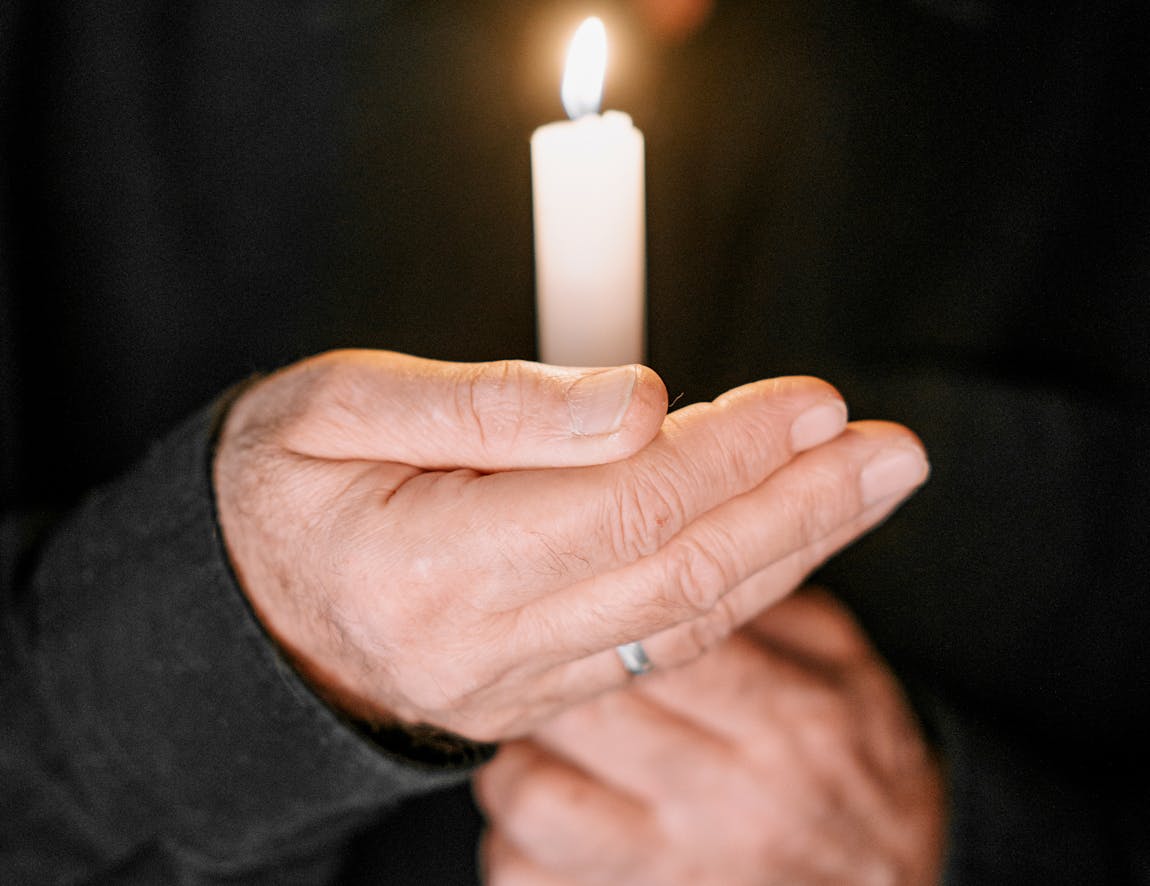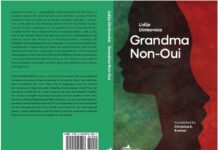Gabriel Rosenstock’s Book Review:
The Bloomsbury Book of Great Indian Love Poems
Edited by Abhay K.
From ancient times – from the immortal Rigveda itself – to our own day, the Indian subcontinent has yielded exquisite treasures of love poetry, both human and divine and – tantalizingly – in between. Indeed, it is the force and inexhaustible beauty of love itself which makes us, women and men, divine by nature, or aspiration.
Back in 1998, I edited an anthology of Irish love poetry – from the Gaelic tradition – for Hippocrene Books, New York: Treasury of Irish Love: Poems, Proverbs & Triads
https://www.amazon.com/Treasury-Irish-Love-Proverbs-Languages/dp/0781806445
Can we compare both of these ancient traditions and find a common thread in echoes of shared motifs and mythologies, utterances arising from a common Indo-European pool? That field remains invitingly open to future scholars.
This book of Indian love is a flowering meadow for lovers only – for lovers of poetry and lovers of the divine madness that is love.
Irish love poems do not contain any references to elephants – none that I know of – otherwise the joy and sorrow of love, the despair and ecstasy, are shared by all of us on this planet, apart from the sub-breed of automatons who are more attached to their smartphones than to any imaginable cynosure, human or divine. The love songs and poems of every civilisation represent the pinnacle of human achievement and should be categorised as far greater accomplishments than Yankees trampling on the moon. (I dread to imagine what the chukar thinks about it).
The Contents page reveals that the poems are arranged, eccentrically, in the alphabetic order of their titles. This means, however, that we dip into poems ranging from one era to another rather than embracing the anthology chronologically. Well, why not? This is a timeless river, the river of love. Poems by the same poet are often widely separated – and that’s no harm at all when a favourite poet crops up again, unexpectedly.
One of the best poets in this anthology – a word that comes from the Greek, meaning a bunch of flowers – is Anon. He appears on page 8 in a poem called A Small Request, translated from Kannada by Velcheru Narayana Rao and David Schulman and it’s short enough to quote in full:
Yesterday I saw that lovely woman
In the field of maize.
Since then – no sleep.
Please, Lord of Springtime,
Bring her and me together.
I’ll bring you flowers.
A Small Request has all the charming simplicity of a folk poem. Such tenderness! Such innocence! Such a sense of natural, ritualistic devotion. It is a lesson in poetry and in translation. A lesson in living. What does it lack? Nothing.
A brazenness and a disarming frankness can be found in many of the Sanskrit poems, as the title of a poem by Vallana (page 10) suggests: After He Took Off My Clothes, and the poem which follows it, by Amaru, After We’ve Made Love! (Perhaps we could have done without the exclamation mark).
Many of the poets have chosen English as their literary medium of choice. Will the anthologist who wades through Indian love poetry in a hundred years from now have more English-language poets to select from and, if so, does this mean that some of the languages represented here will have been pushed to the edge of extinction, as literary and spoken languages? Each native language of the world secretly exudes multifaceted genii locorum – the very spirit and fragrance of a place – and conquering languages impose a mendacious veneer on everything they touch. Who decided to get rid of the revealing prefix ‘Anglo’, as in Anglo-Indian literature and Anglo-Irish literature? What was the reasoning behind it? Legitimisation? Normalisation?
Having said that, I really like some of the (Anglo-) English poems here, such as Aligarh (p.12) by Arvind Krishna Mehrotra. A poem – particularly a love poem – should be a lived experience for the reader, experienced right now in the reading of the poem and immediately grasped through the power of all the emotions, instincts, longings and memories it evokes.
Poetry, like song, must reach out to the listener and entice the listening heart, artlessly. Otherwise, the conversation is some form of intellectual exercise between the poet and the blank page, and the reader feels left out, an uninvited intruder.
Many of India’s best-known Anglophone poets also contribute fine translations to this volume, such as Ranjit Hoskote and R. Parthasarthy. (Hey, they haven’t found a way to rid the world of the embarrassing Anglo-prefix in the word ‘Anglophone’. Not yet. Give them time.) But why isn’t K. Satchidanandan here, a poet who transcreates his own poems so seamlessly from Malayalam to English?
One of the poets representing Malayalam is Balamani Amma, translated by Anon. Strange. We usually associate Anon with poets from a distant era, rarely as translators of 21st-century poets.
Moving on, as Chairmen are wont to say when a meeting gets stuck in the mud. Whoever may be present or absent here, for whatever reason (such as copyright problems that may have prevented using translations by the incomparable A.K. Ramanujan, for instance), Abhay. K deserves a round of applause for services to Indian literature and I thank him, personally, for including English-language versions of my own that I cobbled together, transcreations of poems that I admire, such as a poem by Silabhattarika (p.138) and one by Amaru (p.152).
In another’s hands, this anthology could easily have been a soppy, saccharine thing but the inclusion of such unusual poems as At Po Lin by Anglophone poet Menka Shivdasani means that the book commands our serious attention. Many of the editor’s own translations are a joy, in particular Bathing Gopis by Surdas (p.20).
As I have indicated above, my personal preference is for poems which ring out with an unmistakable human voice – not poems that are bogged down in excessive self-reflexive mentation or in sumptuous, luxurious description; ferocious honesty is what I’m looking for, self-deprecating or self-annihilating if needs be. So, we close our review with a poem short enough to quote in full, You by Mohammad Ismail, a poet not as well known in India and the outside world as he should be, translated from the Telugu by Velcheru Narayan Rao:
You’re mine
only when you take off all your clothes
for me
When you’re dressed
you belong to the world
I’m going to shred this world
into pieces
one day
*
From Editor Abhay K.’s Introductory Note:
What makes Indian love poems different and unique from love poems written in other countries and civilizations? Blurring of boundaries of devotional and sensual love is one of the key dimensions of Indian love poetry where sensual divine love transcends sensual love.
Further Selections from Great Indian Love Poems:
Craving Sweet Nectar
Kalidasa
Craving sweet nectar
you kissed a freshly
bloomed mango bud once could
you forget her, bee,
burying yourself
in a lotus?
(Translated from Sanskrit by Abhay K.)
*
Don’t Take Off My Clothes Yet
Keshavdas
Have patience, my love
don’t take off my clothes yet,
though parrot is asleep
mynah is still awake,
turn the lamp off or low
and see my moon-face glow
and let deer and geese go.
(Translated from Braj Bhasa by Abhay K.)












